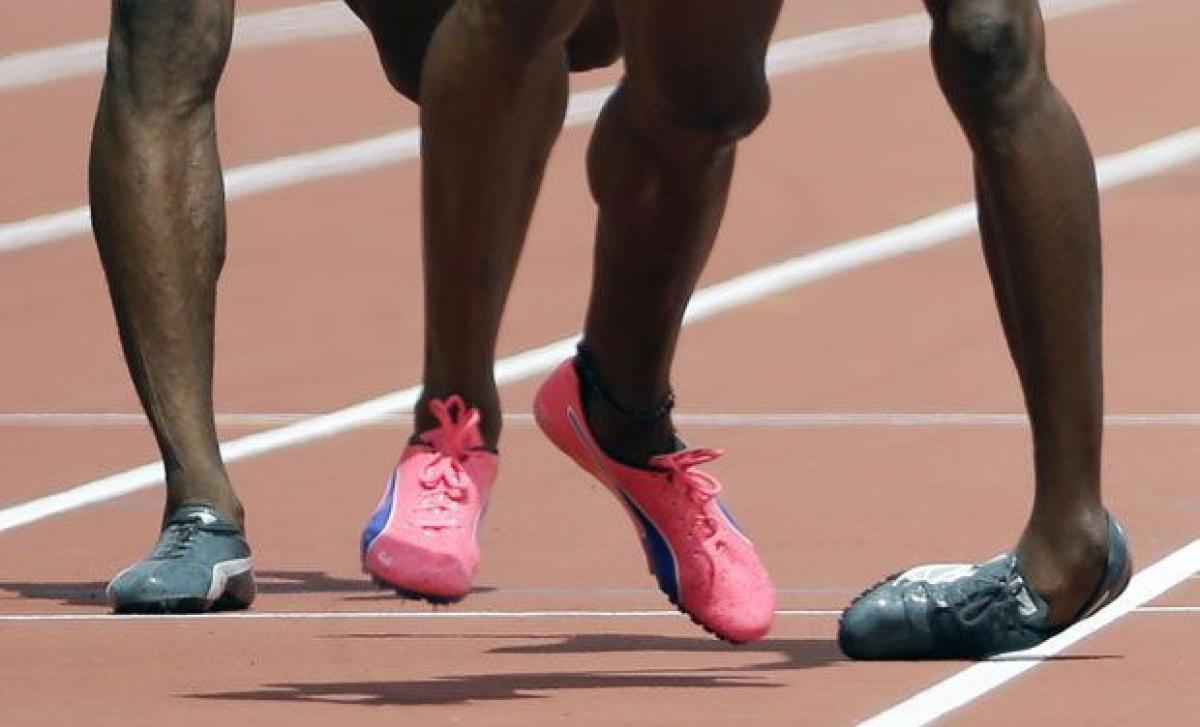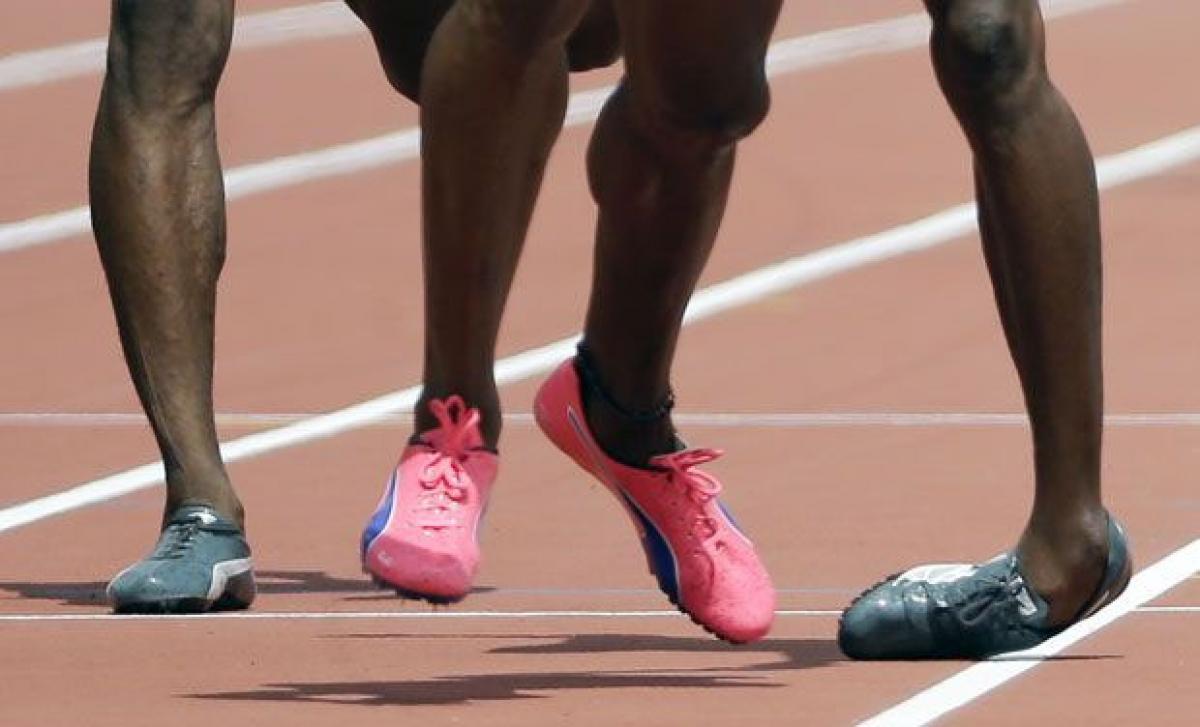Live
- Host of events mark ‘RTI and LCI Week’
- Lions Club joins hands with Lendi NSS unit
- 42 gamblers held; Rs 17.34L seized
- Rights forum to take out a rally on Nov 26
- NEP will bring major changes in edu system: MP
- Cyberabad EOW arrest 8 persons for investment fraud
- Power staff remove creepers around poles
- Waqf Board has more powers than Supreme Court: MP Konda
- Govt to roll out mobile cancer screening vehicles in all dists
- VPA holds high-level review on NAVIC Cell 21
Just In

x
Highlights
Athletics looks set to be plunged into a new doping crisis after International Association of Athletics Federations (IAAF) test data leaked to two news organisations showed hundreds of suspect samples from athletes, including Olympic and world championship medallists, the BBC reported on Sunday.
Athletics looks set to be plunged into a new doping crisis after International Association of Athletics Federations (IAAF) test data leaked to two news organisations showed hundreds of suspect samples from athletes, including Olympic and world championship medallists, the BBC reported on Sunday.

Britain's Sunday Times newspaper and German broadcaster ARD/WRD say they had been given access to the results of 12,359 blood tests given by more than 5,000 athletes over 11 years.
When analysed by scientists, the tests showed more than 800 athletes had given blood samples that were "highly suggestive" of doping or "abnormal", reported the BBC, who added they had also seen the documents.
Although abnormal blood tests are not in themselves proof of doping, the release of the data will be an embarrassment to the IAAF less than a month before its world championships in Beijing.
"We have to wait for the transcript of this before commenting," IAAF General Secretary Essar Gabriel told reporters on Sunday.
IAAF President Lamine Diack, who is stepping down later this month, said he was not aware of the programme. "If you have seen it you can tell me what it says," he said, speaking at the International Olympic Committee session in Kuala Lumpur.
The IAAF introduced biological passports for athletics as part of its drug testing regime in 2009, which help in the detection of abnormal fluctuations in red blood cell counts.
Athletes, most notoriously in cycling, have used blood transfusions and the stimulating agent Erythropoietin (EPO) to increase their red blood cell count, which can help improve performance in endurance events.
The BBC report said a third of medals in endurance events at the Olympics and world championships between 2001 and 2012 were won by athletes who have recorded "suspicious tests".
Cheating by the use of banned substances has long been a scourge of athletics, from the systematic doping in the former East Germany, through Ben Johnson's disqualification from the 1988 Olympics to the BALCO scandal in the United States.
Sebastian Coe, who is expected to be elected the new president of the IAAF later this month, has said he will set up a new anti-doping body specifically for athletics.
The Briton is running against fellow former Olympic champion Sergey Bubka in the election, which will take place on August 19 in Beijing.

Next Story
More Stories
ADVERTISEMENT
© 2024 Hyderabad Media House Limited/The Hans India. All rights reserved. Powered by hocalwire.com







